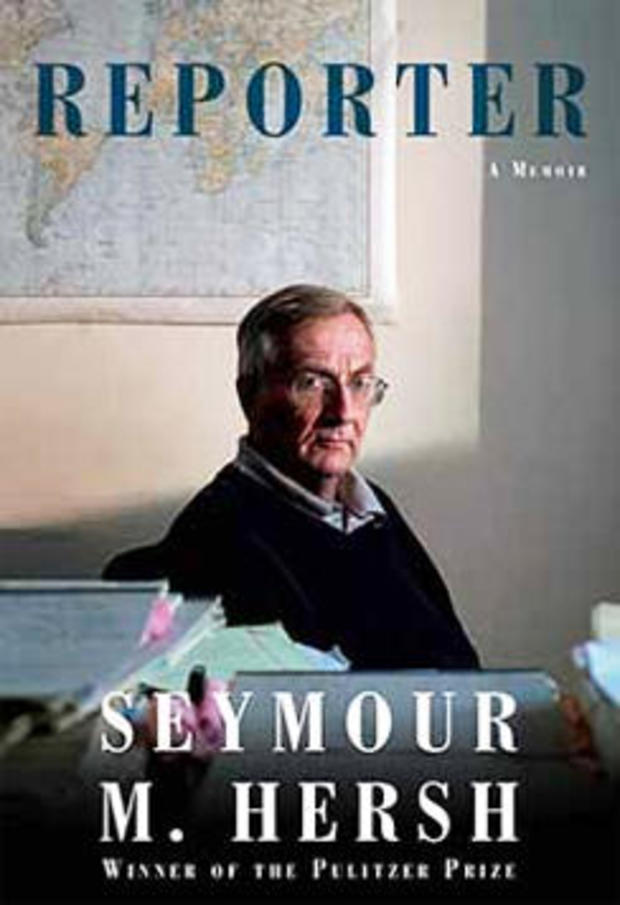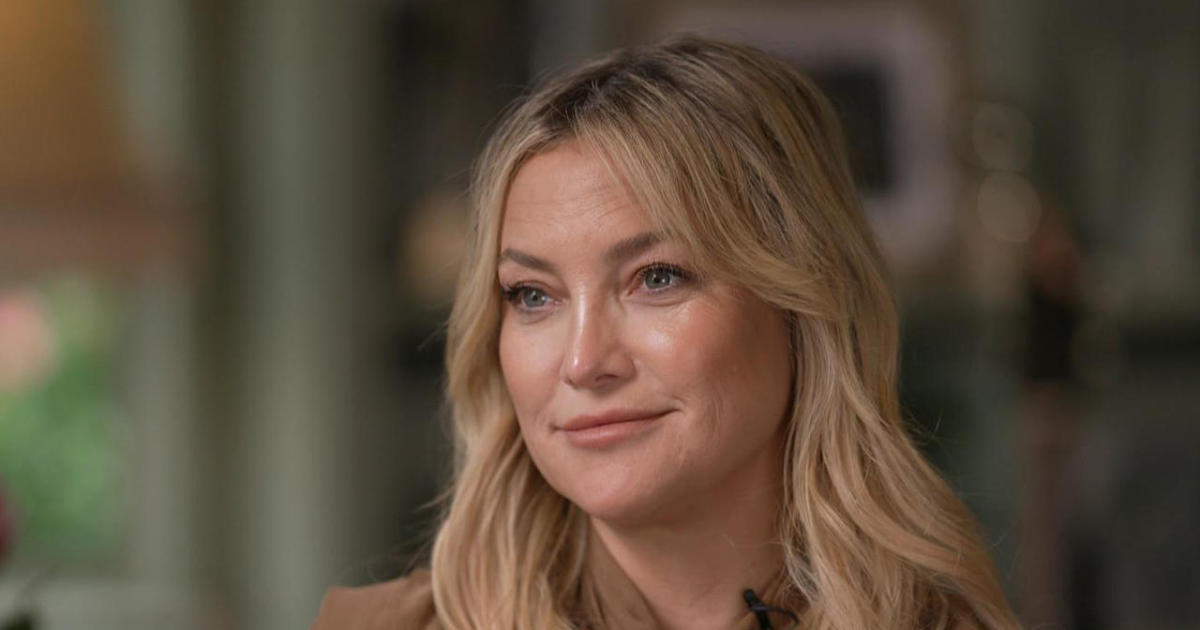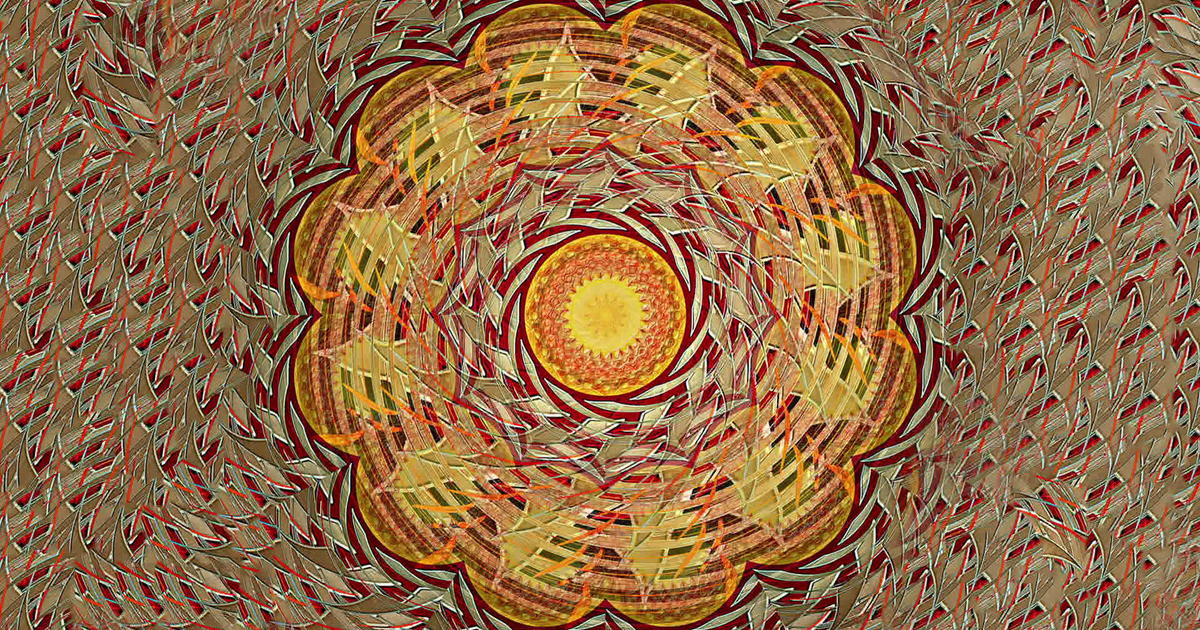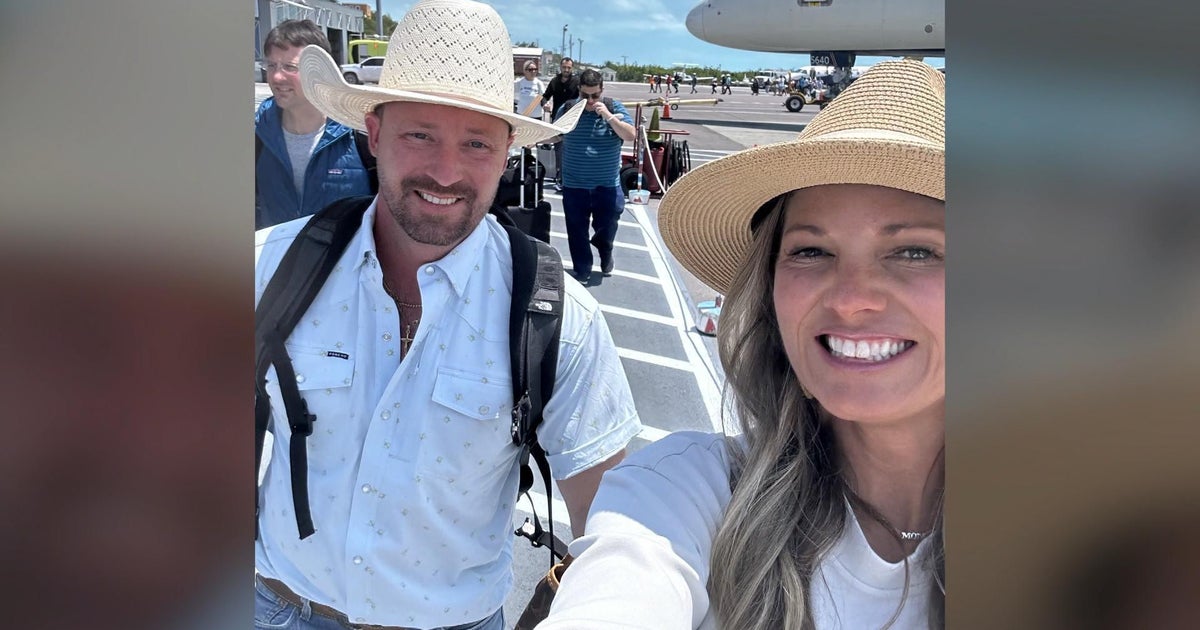Book excerpt: "Reporter: A Memoir" by Seymour Hersh
In this excerpt from his latest book, "Reporter: A Memoir" (Knopf), Pulitzer Prize-winning investigative journalist Seymour Hersh describes the instincts and tenacity needed in helping uncover the greatest political scandal of the 20th century.
Don't miss David Martin's interview with Seymour Hersh on CBS' "Sunday Morning" June 17!
Watergate, and Much More
I had one thing going for me as I slunk into the Watergate scandal. It came off a tip I had received a month or two earlier but had ignored. A friend from the New York publishing world told me that a freelance writer named Andrew St. George, who had ties to the anti-Castro Cuban community in Miami, was circulating a book outline about the experience of Frank A. Sturgis, one of the five men who had been caught burglarizing the Democratic National Committee offices in Washington.
My initial response had been, more or less, "What does this have to do with the war in Vietnam?" Now, given my new assignment, I began calling around to get a copy of the outline. One of St. George's most explosive claims, based on what he said were a series of interviews with Sturgis, was that Sturgis had done political surveillance of Democrats in Washington as well as being part of a team that was investigating drug trafficking in Central America. I wondered whether investigating meant smuggling. All of this allegedly was done at the direction of Howard Hunt, a former CIA officer who was linked to the Watergate break-in team. St. George's reputation in the New York publishing world was spotty, but he had won prizes in the late 1950s for his photographs of the Cuban revolution and apparently had gotten a contract, for minimal money, for a book based on interviews with Sturgis. I called him and we had a meeting at which it became clear that the likable St. George was extremely eager for me to write a story about his book project. I told him that would never happen unless he could produce Sturgis for me and prove that the two had the relationship he claimed. A few days later St. George, who died in 2001, told me that a meeting with Sturgis was on; the three of us, if I was still serious, were to have dinner in a few nights with Sturgis at Joe's Stone Crab, a famous high-end seafood joint in Miami Beach.
We met, had a drink, and St. George told a sullen Sturgis that I was a hotshot who was interested in writing a story about the book they were doing. Sturgis, craggy-faced and deeply tanned, did not seem very interested in anything St. George said. I had done some homework and knew Sturgis had fought with Fidel Castro in the late 1950s to overthrow the dictatorship of the U.S.-supported Batista regime but had turned against Castro when, as Cuba's leader, Castro embraced communism. By 1972, Sturgis had been involved in anti-Castro activities for more than a decade, with or without the help of the CIA. After a drink or two, St. George got up to go to the bathroom. Sturgis gave me a look and asked if I had a rental car. I said yes. He said, "Let's go," and began to slide out of our booth. It was a very brief moment of truth for me. Can I screw St. George to get what could be the story I need? Sturgis gave me the answer, of course. I dropped a few twenties on the table and we split. I drove him to my hotel. We had another drink, and dinner, during which he began telling me what actually had taken place, but only for a few moments. He abruptly announced that he had someone he needed to meet and asked if he could borrow my car. Since it wasn't my car, and I knew there was only one way to respond if I wanted to get this guy's story, I said yes. He promised to be back for breakfast the next morning, or something like that. It was a charming introduction to the anti-Castro world of Miami Beach.
Sturgis returned the next day with the car intact, and we renewed our talk. He confirmed that he and others on the Watergate break-in team had been paid hush money since their arrest. He had wanted more money and did not get it, which was the sole reason, so I surmised, he had talked to St. George and was now talking to me. I returned to Washington knowing that Andrew St. George would be mad as hell at me, and he had a right to be, but I had the beginning of what could be a hell of a story. I also had information to barter with the lawyer who was representing Sturgis and his break-in colleagues as well as the Feds in the U.S. Attorney's Office in Washington who were prosecuting the case.
Sturgis had told me he thought John N. Mitchell, Nixon's attorney general, had knowledge of earlier political dirty tricks targeted at the Democrats, which included spying, or attempts to spy, in 1971 on Senators George McGovern and Edmund Muskie, then the leading candidates for the Democratic nomination. I learned later, not from Sturgis, that $900,000, far more money than was previously known, could not be accounted for by Nixon's 1972 reelection committee. There was no proof, but there also was no question in my mind that some of the unaccounted-for money had ended up, through cutouts, in the hands of the break-in team.
The story I wrote about all of this was the Times's first big exclusive on the Watergate scandal, but it was a bitch to get into the paper. For all of Abe Rosenthal's angst about Ben Bradlee and The Washington Post's preeminence on the story, the editors drove me nuts in a way that had not been the case with any of my prior stories about the Vietnam War. There was a strange Times pathology when it came to stories that touched the presidency.
Bill Kovach, a colleague in 1973 who later became the Washington bureau chief, explained to The Washington Post years later that one of the biggest problems he had as an editor "was managing Sy at a newspaper that hated to be beaten but didn't really want to be first. It was scared to death of being first on a controversial story that challenged the credibility of the government." It was this attitude, Kovach added, that was "part of the culture of the institution that Sy was breaking down. Journalistically, Abe Rosenthal and the others wanted to be there. They wanted to be there. But historically, culturally, viscerally, they hated it. ... [T]he arguments and the debates and the rassling back and forth on every Sy Hersh story were almost endless. It wasn't because Sy was sloppy. It was material they didn't want to be out there with."*
[* Kovach, after his retirement from the Times in 1989, spent twelve years as curator at the Nieman Foundation for Journalism at Harvard University.]
Salisbury, in his book on the Times, recalled, as I do not, that I had originally proposed that my Watergate debut be a three-part series, but my new information was consolidated into one long piece that ran on Sunday, January 14, 1973, with a modest headline on the left side of the front page. I had used the word "source" repeatedly throughout the story, without identifying who the sources were. Of course Abe knew their names, but I insisted on being as opaque in print as possible; this was just the first step up a big hill, and I wanted everyone involved in that first story to keep on talking. Salisbury said that another issue was a threat of a lawsuit from John Mitchell. He wrote, "But in the end the story was published, including the Mitchell part. There had been trouble in both New York and Washington over the sourcing, it was not as clear and complete as The Times liked, but Hersh remembered telling the editors that 'at some point you will just have to believe me and trust me. A number of guys had told me about the story.' The Times did trust Hersh. ... At long last the great investigative story and the great investigative reporter had been linked. They would stay together for the duration of Watergate."
One of the first calls I got on Monday morning was from Bob Woodward. We had never met or talked, but he congratulated me and thanked me for doing the story. The Post could not do it alone, Bob said, and he knew he needed the Times with them. Nixon's landslide reelection, despite the brilliant work he and Carl Bernstein had done, obviously rankled. I've liked and respected Bob ever since, although we differ on many issues. He did not have to make that call.
Excerpted from "Reporter: A Memoir" by Seymour M. Hersh. Copyright © 2018 by Seymour M. Hersh. Excerpted by permission of Alfred A. Knopf, a division of Penguin Random House LLC. All rights reserved. No part of this excerpt may be reproduced or reprinted without permission in writing from the publisher.
For more info:
- "Reporter: A Memoir" by Seymour M. Hersh (Knopf), available via Amazon
- Seymour Hersh at The New Yorker




